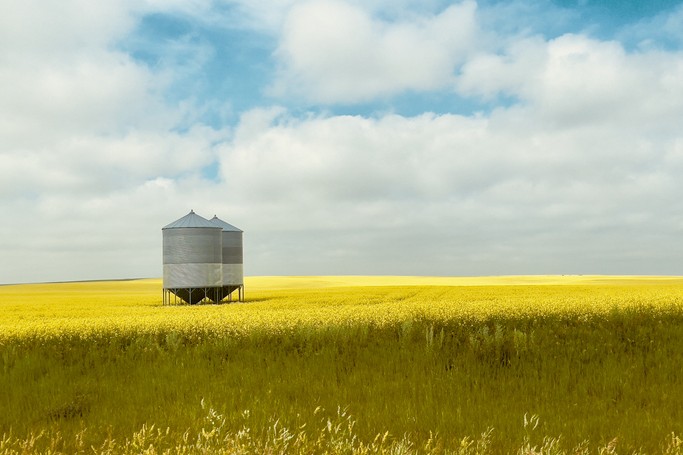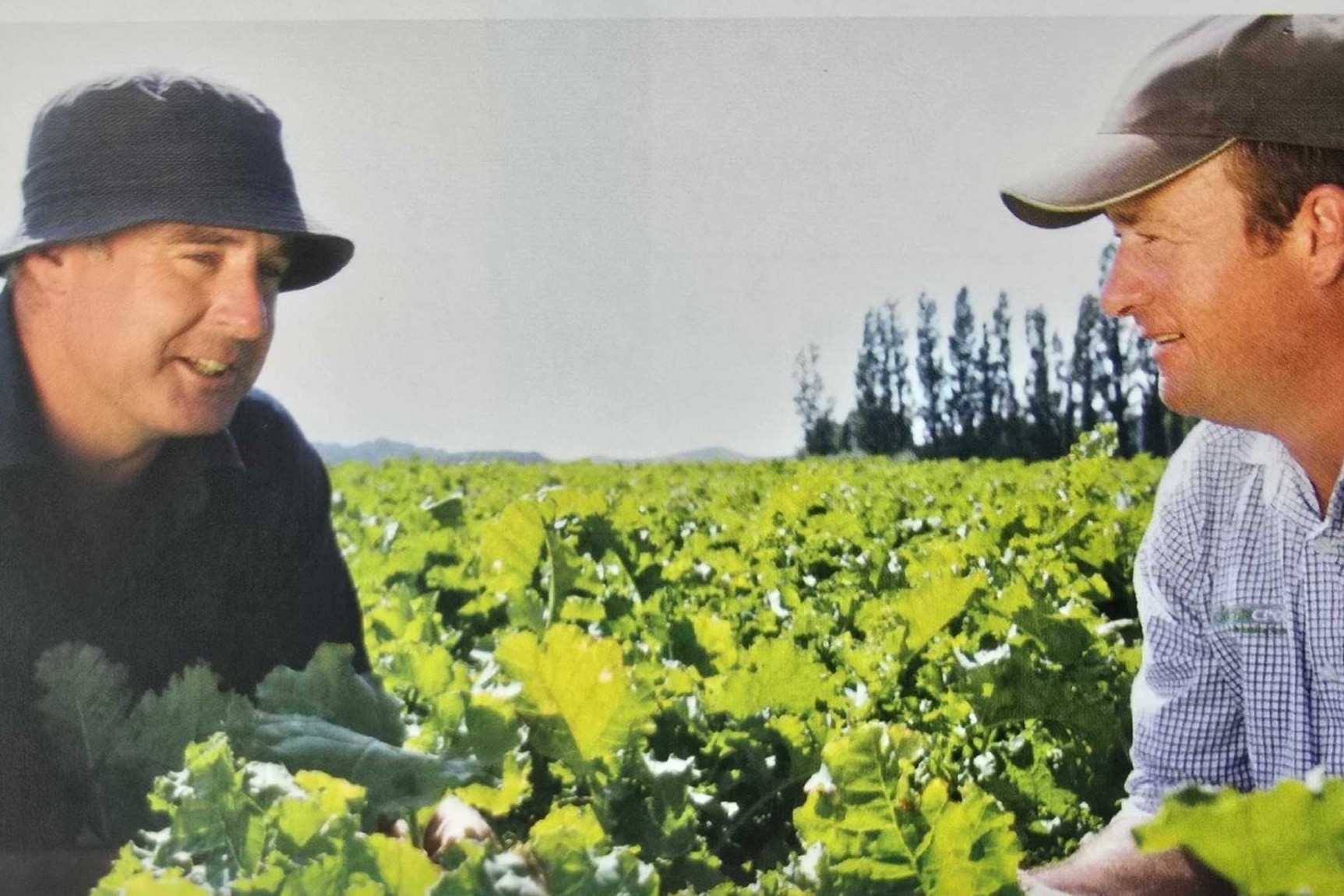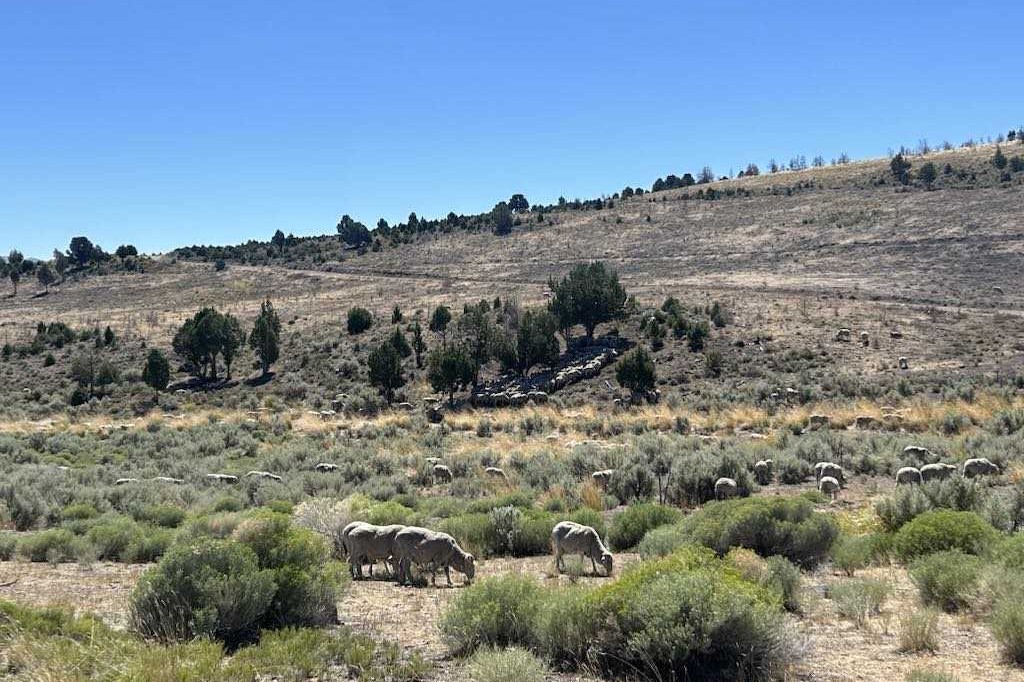
Nick Loughnan notches up a victory over the lazy litter bugs in his part of Central Otago.
There are hundreds of thousands of kilometres of them all over New Zealand. And as something of an indicator as to the remoteness of those who live on them, many are unsealed gravel roads which have the occasional touch-up by a powerful grader to remove the potholes and corrugations that regularly appear on the same old spots every year.
There’s nothing of the more fancy treatment that our state highways receive by way of surface attention, or mowed vegetation strips alongside the roadside edges. The gravel road maintenance is minimal but adequate, reflecting the low levels of traffic that might throw up clouds of dust in their wake during the drier seasons.
And that’s how it is for many of us who live rurally. The rank and seeded grasses that are often at fence top height provide a good source of feed for many smaller birds, particularly finches, who don’t find the same offerings inside the paddocks where grazing livestock keep the pasture swards to a more manicured state. And there can be good foraging material for bees on our roadside strips as well.
Yes, they can look overgrown and untidy but we’re used to having it this way.
However, there is one addition to my roadside vista that never fails to catch my eye for the wrong reasons. We live on the way to a couple of popular back country fishing spots, and over the summer there is often the trademark signature of some lazy sod who pushes the button for downing the electric window and chucks out a bit of rubbish. Stubbies (beer bottles) and cans are common, along with KFC cardboard boxes and plastic drink bottles. And the drop zone from our nearest town is often along our 2km road frontage.
I usually take a few hours to pick up the stuff every year, and always need my quad bike as the weight of it all soon builds up. Last winter, my mood wasn’t so kindly towards the offenders, so I decided to take a stand and make a point, wrapped the garbage up in some grape netting and hung it off a road marker post along with a simple message, “TOSSER”.
For a few months it did the trick until the road maintenance crew removed it when they were on their culvert cleaning rounds.
I did have a victory of sorts a few years ago when three large plastic rubbish bags were tucked neatly under our roadside shelterbelt. Curiosity got the better of me, and I went through the bags. The clues were all there. An NZ family had been camping with a youngster in the mix who was still in nappies, as one bag contained plenty of soiled disposables, along with food scraps, stubbies and other campsite rubbish.
However, I found gold. A New World supermarket receipt was in their trash, and a visit to the friendly store management pointed me in the right direction. Yes, they could identify the tosser from the security cameras and checkout time on the receipt but no, they would only pass that information on to the local police.
That saved me the job, and the boys in blue later showed me the store camera pictures of the offender with her toddler in the supermarket trolley at the checkout, as well as the carpark shot of her loading up her SUV with the groceries and packaging that were soon to find their way to my place. However, the rego plate was obscured so the trail went cold, but not before the local newspaper got hold of the story and printed some pixellated versions of her for the world to see. Trash traceability is here.
We host dozens of young international tourists each year, many of them travelling in vans as they move throughout the country and often staying in ‘freedom camping’ sites as they go. And they have such a commendable respect for our country, being meticulous with their attention to litter and tidiness, even to the point of asking where they should put any used batteries.
Just what is it about some Kiwis who routinely toss their stuff from car windows outside someone else’s place, and all over our country roads?
Plastic water bottles, energy drink and beer cans, stubbies, and fast food packaging – it’s time people behaved a bit better.




